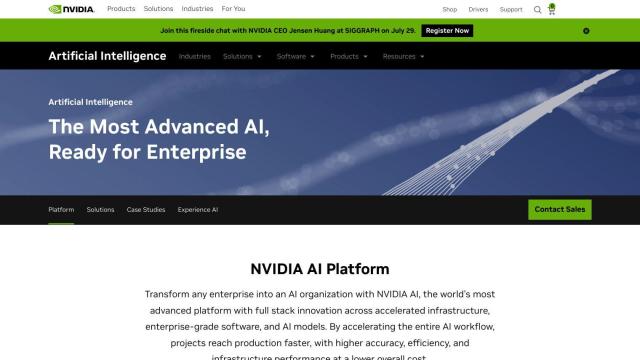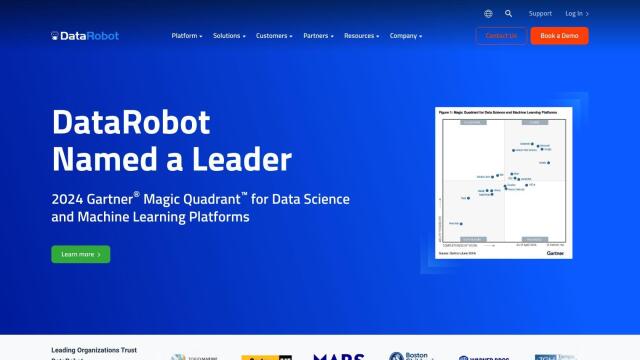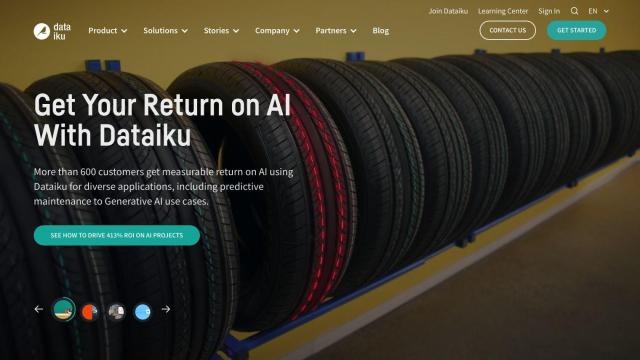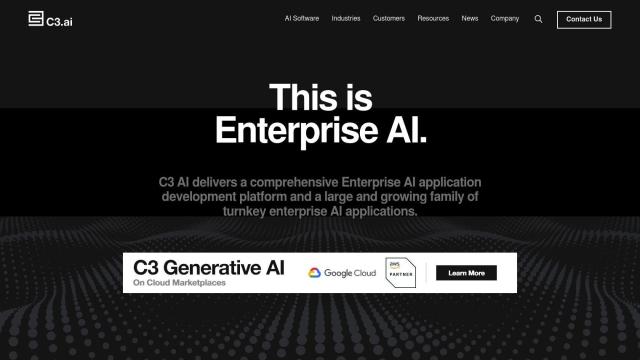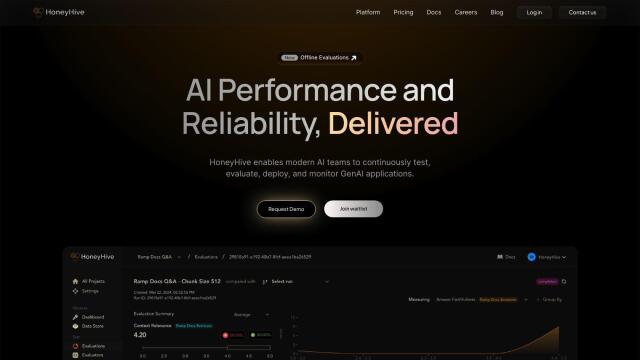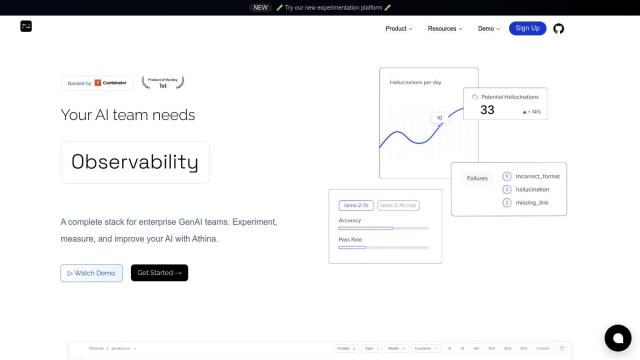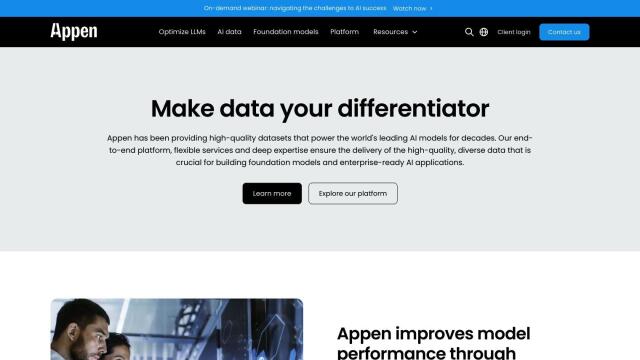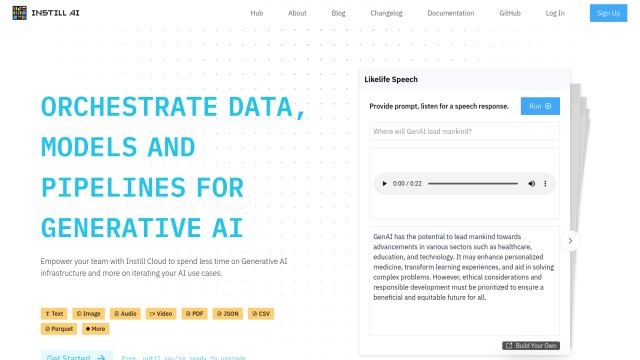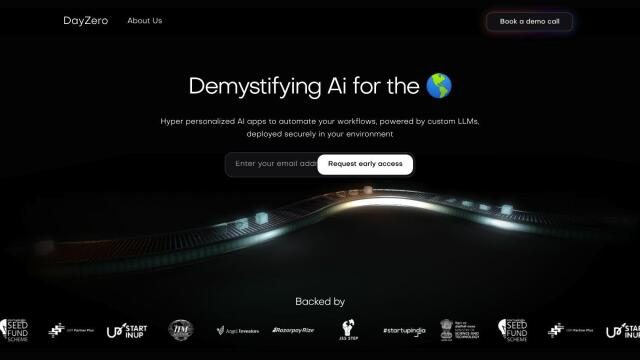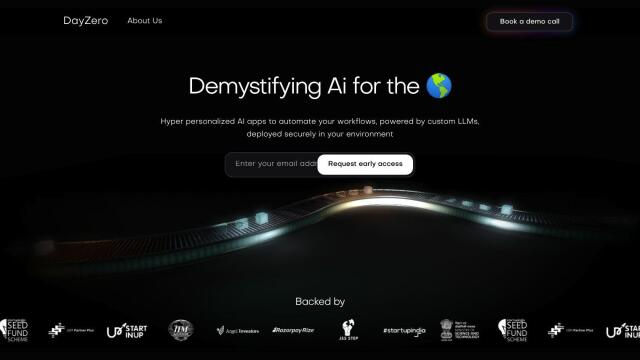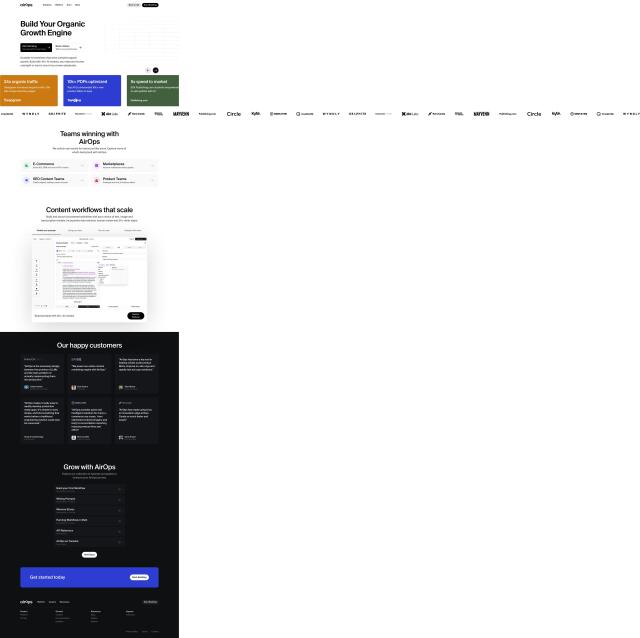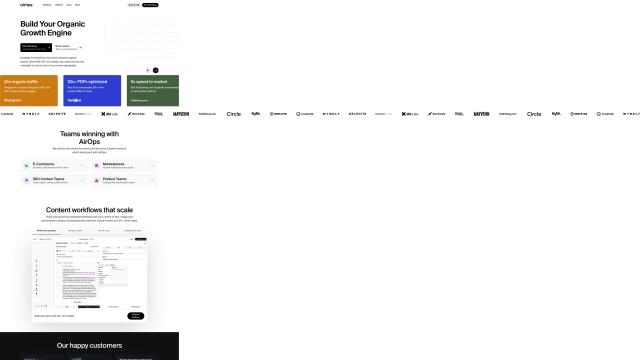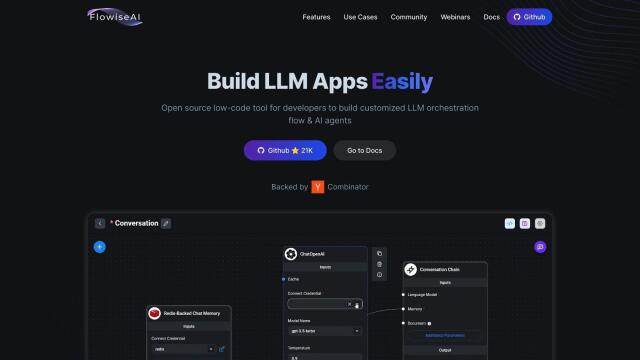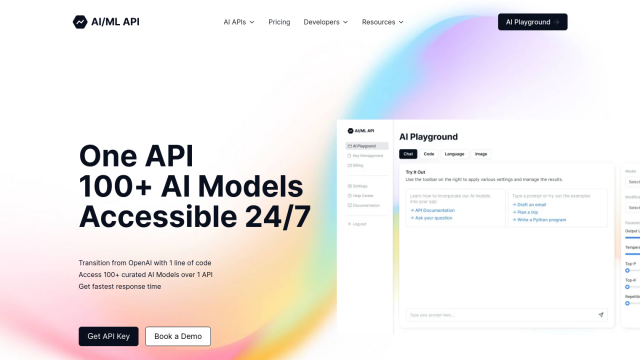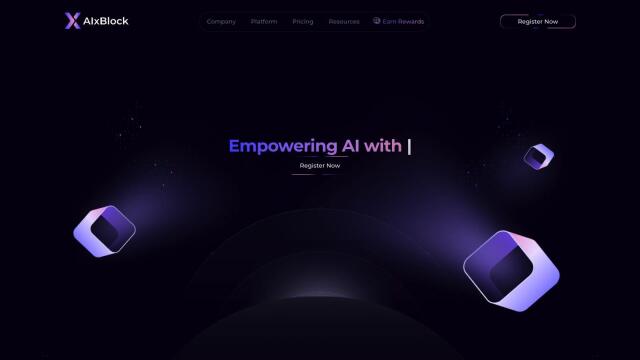Question: I'm looking for a platform that can help me accelerate AI development and deployment for my machine learning projects.

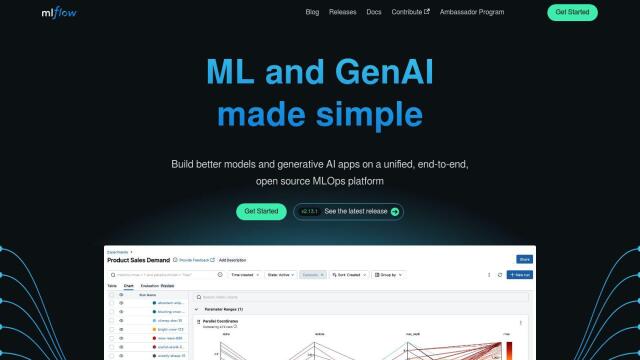
MLflow
If you want to speed up AI development and deployment, MLflow is a good option, a mature end-to-end MLOps platform that lets you manage the entire ML project lifecycle in one environment, including experiment tracking, model management and support for generative AI. MLflow supports popular deep learning and traditional ML libraries like PyTorch, TensorFlow and scikit-learn, and runs on a range of operating systems. Its wealth of documentation and open-source nature mean it's a low-cost option for improving ML collaboration and productivity.


Anyscale
Another good option is Anyscale, based on the open-source Ray framework. It's geared for developing, deploying and scaling AI applications with the highest performance and efficiency. It includes features like workload scheduling, intelligent instance management and GPU and CPU fractioning to best use computing resources. Anyscale supports a broad range of AI models and has native integrations with popular integrated development environments, or IDEs, so it's a good option for teams that want to optimize their AI workflows and cut costs.


Abacus.AI
Abacus.AI is another option, designed to let developers build and run large-scale AI applications using generative AI and neural networks. It has a range of products and features, including ChatLLM for building end-to-end RAG systems, AI Agents for automating complex workflows, and tools for predictive modeling and anomaly detection. Abacus.AI is good for those who want to automate complex tasks, help customers and improve business operations with AI.


Dataloop
For a broad collection of AI development tools, check out Dataloop. It includes data curation, model management, pipeline orchestration and human feedback to speed up AI application development. Dataloop supports a variety of unstructured data types and has strong security controls, so it's a good option for companies that want to improve collaboration and speed up development while maintaining high standards.

